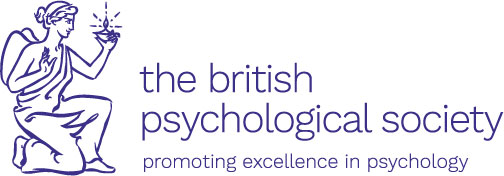The British Psychological Society (BPS), and YoungMinds are warning children and young people will still be left vulnerable to harmful content online unless the Online Safety Bill is toughened up as it comes before parliament.
The organisations, which represent both young people at risk and some of the mental health professionals who care for them, are concerned that a failure to consider the cross-platform nature of harmful material and potential loopholes around ‘harmful but legal’ content mean that children will still be at risk online if the Bill passes in its current form.
Currently, the Bill only requires the largest ‘Category One’ platforms to address the risk of exposure to ‘legal but harmful’ content, which includes pornography and material glorifying eating disorders, self-harm and suicide.
Sarb Bajwa, Chief Executive of the BPS, said: “It would be naïve to believe that children’s internet usage is restricted purely to the biggest and most popular websites. Psychological research has shown the link between harmful content and real-life behaviour and the current Bill risks leaving a loophole where young people can still access harmful content on smaller platforms.”
“We admire the aims of the Bill to make the UK ‘the safest place in the world to be online’, however it is clear that there are some glaring omissions that mean children will still be at risk of accessing material that may place them at serious risk in the ‘real world’. Together with our partner organisations, we are calling on parliament to strengthen the bill and make sure that there are no loopholes which will allow young people to continue viewing this content.”
The organisations are also calling for an explicit duty to be placed on Ofcom to address cross-platform risks, and for companies to be required to co-operate to mitigate these.
Emma Thomas, Chief Executive of YoungMinds, said: “It is completely unacceptable that young people are routinely shown harmful content. We are concerned that young people’s views have not been given significant enough weight in this legislative process and this must urgently be addressed as the Bill progresses.
“Young people tell us they want the Government to listen to their experiences online. We need to know more about what young people find distressing, as well as the positive parts of social media that they want to protect.
“It is clear that many young people find content on social media harmful, so companies do not need to wait for this legislation to take action now to make these platforms safer. There is no excuse to delay.”




